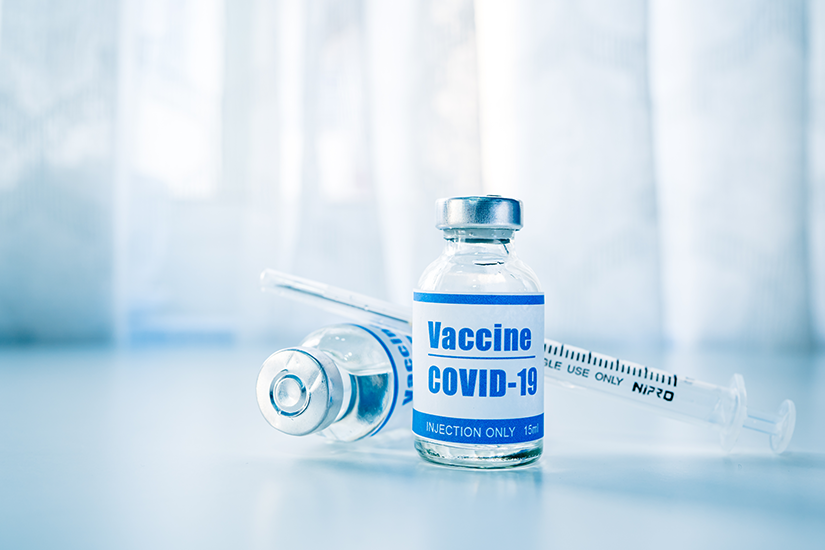- Emergency Ambulance Services
- 8606811111
- 0471-4077777, 0471-7177888
- gro@sutpattom.com
Chronic Cough (CC)
Dr. Aswathy Thazhakottuvalappil, Consultant Pulmonologist, SUT Hospital, Pattom
Cough is the natural protective response of our body when an irritant enters our airway. When an irritant lodges in our airway, a message sent to our brain instructs our body to initiate a cough. Cough is a worrisome symptom that haunts many. Especially when it is persistent and do not budge to go away. Any cough that lasts > 8weeks is chronic cough and intervention to find out the cause is warranted. If it is intractable to treatment then it becomes refractory chronic cough which results in serious unrecognised disease burden.
Global burden of chronic cough is 2% – 18% Chronic cough not only has physical implication it also has economic and psychological impact that causes reduction in Quality of life.
What are the common causes of Chronic Cough?
- UACS: Upper Airway Cough Syndrome – Mostly because of Sinus related diseases, gastric reflex and Post infective laryngitis (developing after an infection).
- Asthma – Early morning cough associated with wheezing and multiple allergies.
- Non-asthmatic eosinophilic bronchitis.
Elevated eosinophilic count, no typical features of asthma, persistent cough.
- GERD: Gastro-esophageal Reflux Disease – Gastric reflux.
- Cough hypersensitivity syndrome
Secondary to low levels of thermal, mechanical or chemical exposure.
How to evaluate?
Techniques available to study cause of Chronic cough:-
- Detailed history / life style analysis.
- Evaluation of environmental factors, occupational exposure / food – allergy testing.
- Eosinophilia – blood and sputum.
- Lung function test – Spirometry / Fractional Exhaled Nitric oxide (FeNO).
- Radiology – Chest X-ray, Sinus imaging, High resolution imaging of chest.
- Sinoscopy / Laryngoscopy / Bronchoscopy.
- Cardiac assessment – (If there are symptoms related to heart) Cardiac cough due to pulmonary congestion / fluid overload occurs.
Investigations are done according to need as per the history and clinical examination. Tests are individualized.
When does Chronic Cough warrant treatment immediately?
- Haemoptysis (Coughing up blood : occurs in Lung Cancer / Tuberculosis / Bronchocele
- Smoker / Passive smoker (breathing second hand smoke) – To rule out COPD / Cancer
- Associated with dyspnoea / wheezing – COPD / Asthma
- Hoarseness of voice (change in voice) – Cancer in larynx / Lung Cancer
- Fever / Edema – Infection / Heart failure
- Regurgitation symptoms – heart burn, belching
- Frequent aspiration of food and water – neurological disorders
Treatment
- Control of allergies by:
- Identifying the allergen through thorough history / allergy test.
- Avoiding occupational exposure.
- Suppression of allergies with medication (individualized).
- Gastric Regurgitation symptoms:-
- Life style modification.
- Food habits / weight loss.
- Avoid spicy food. Regular exercise.
- Head end evaluation.
- Bed time should be 2 hr after food.
- Avoid alcohol and anxiety.
- Life style modification.
If no response – take medicines to prevent regurgitation and control of gastritis.
Control of Asthma
- Diagnose asthma with appropriate investigation methods – simple spirometry.
- Initiate on medicines as per the symptomatic need.
- Avoid all allergens.
- Weight reduction.
- Eosinophilic bronchitis– Control of eosinophil, Regular deworming, Avoid all triggers.
Timely action helps in proper control of Chronic Cough. However delay in diagnosis and treatment can result in complications like:
- Hernia
- Bleeding in eye
- Cough syncope – loss of consciousness after a bout of cough
- Sleep disturbance
- Headache
- Urinary incontinence
- Prolapsed of uterus in elderly women.
Any cough > 2 weeks warrants evaluation for TB of the lung. This helps in early diagnosis and treatment of TB. If a cough is persists, it can cause distress, significant socio-economic burden and reduction in Quality of Life. Appropriate evaluation and adequate treatment helps in control of cough before it is too late.









